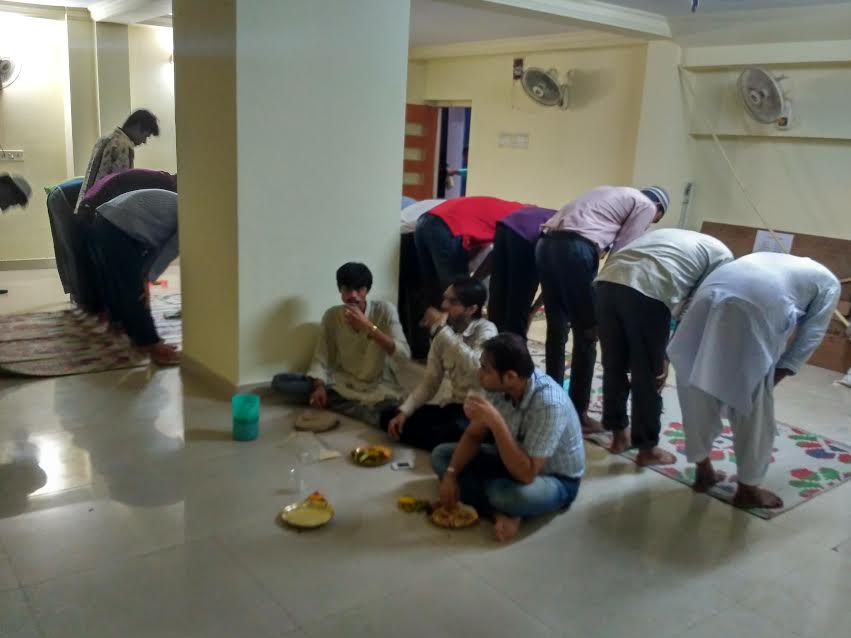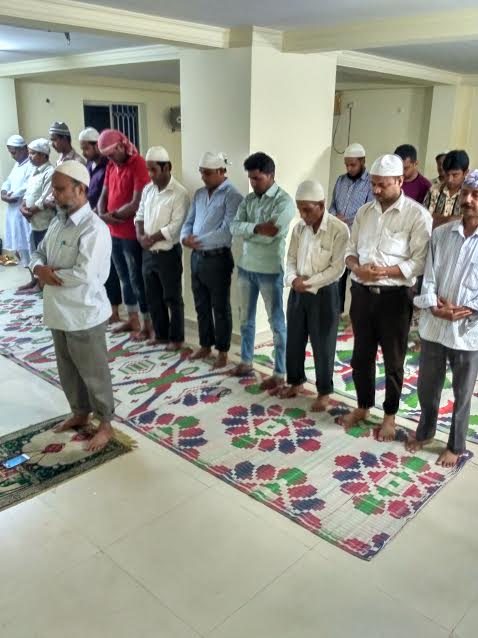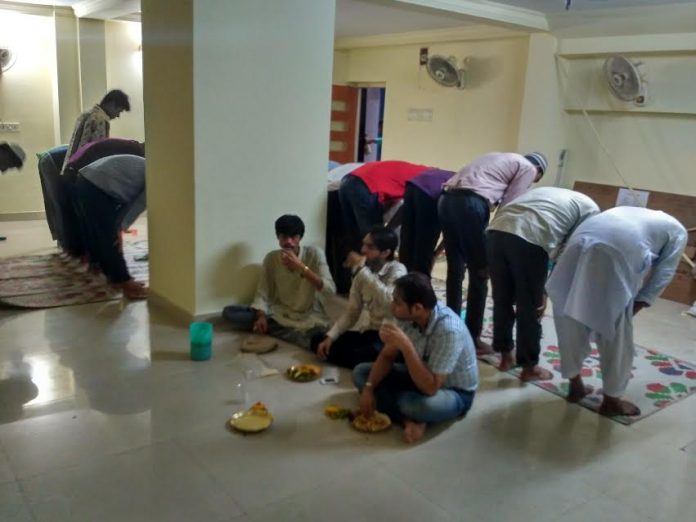By Mirza Mosaraf Hossain, TwoCircles.net
Over the last two years, starting from the inhuman killing of Akhlaq to the recent lynching of Pehlu Khan in Rajasthan, the country is going through a politicized, falsely constructed and ideologically baseless debate over national identity. No questions have been cast on what exactly consists of such debates and its participants. Are the gau-rakshaks actually the mouthpiece of the whole country? If yes, then where does it leave the millions who do not espouse for the politics of hatred and instead, seek happiness together with people of every religion and caste?
If we witness the internal behaving of various communities in every social aspect, we will find that the stereotypical representations of a certain community does not affect the day to day livelihood of the countrymen. Our recent participation in an Iftar programme in a Kolkata-based news agency at least attests so. 
On June 7, we went to the office of Kalom Patrika, a Kolkata-based Bengali daily newspaper at the time of Iftar. There we saw more than 70 people participating in breaking the fasting, with almost half of them Hindus. While this did surprise us, it was nevertheless just another day at the office for the staff who informed us that this was a daily affair during Ramadan. Even some of the non-Muslims fast in solidarity with their Muslim colleagues.
This practice in Kolom’s office has been continuing for the last thirty years, as informed by senior journalist Pradip Majumder who has been working here for the last 34 years. “Participation in the Iftar majlis gives us a of space to come together,” he added.

Rima Saha, an employee of this newspaper and also the Personal Secretary of Ahmed Hassan Imran, a Rajya Sabha nominated MP and the editor of the paper, said, “Last year I kept a fast for about seven days and did the first one this year and will be doing the others in the coming days. I do it not forcibly, rather as a respect, as solidarity to all of my colleagues and seniors who fast here in this office”. She also said that she never eats or drinks water in front of any fasting Muslim brothers or sisters.
Kaushik De Sarkar, who works in the desk of this office, said, “It is my first experience here participating in an Iftar programme. It feels good as if we are a family.” He added that the whole procedure from ablution to prostrating for Namaz seems wonderful to observe as he had never witnessed it earlier in his life.
Moumita Banerjee, a newly recruited employee, also confessed that for the first time in her life she is experiencing this practice. She said, “There is a stereotypical notion about Muslims and Islam all over the world that I too used to cherish in my mind. But after coming into this office in the last December for the first time I came to know what is exact and what is fabricated about the Muslim stereotype”.
According to the employees, more than 80 plates are arranged everyday for Iftar during the whole month of Ramadan where half of the participants are non-Muslims. From juice to various fruits, the plates are filled with puffed rice, snacks, and sometimes with haleem, a special kind of soup made of mutton and pulses.
At a time when even transporting a cow can seem life threatening if you happen to be a Muslim, this example of communal harmony and solidarity once again reminds us that beyond the narrow-mindedness of politically vested interests, there exists a society which strengthens, and not challenge, the concept of unity in diversity.

